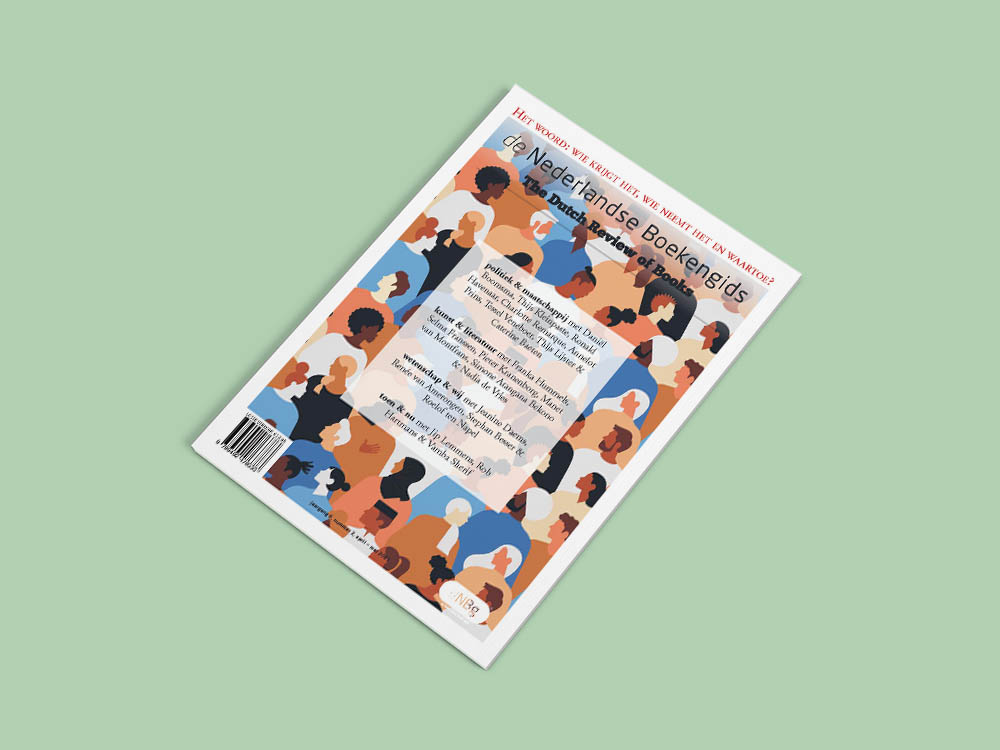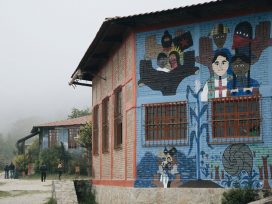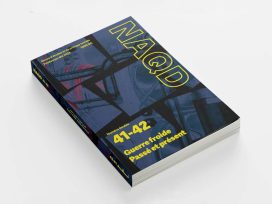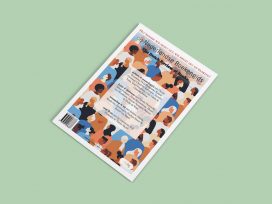‘The Dutch Review of Books’ presents: the commons, vying for legitimacy between state and capitalism; the void of societal responsibility for #MeToo; and African oral traditions evident in rap music.

The aftermath of #MeToo
Annelot Prins considers the #MeToo movement’s lasting effects. While the wave of personal stories in 2017 brought many women relief, its structural achievements are ultimately disappointing, says Prins: sharing #MeToo experiences might be ‘a valuable form of discursive activism’ but lacks ‘analysis of the societal context in which these experiences occur.’
Using analyses by Karen Boyle, Roxane Gay and Alison Phipps, Prins draws comparisons between the international debate and #MeToo controversies in the Netherlands. Here, as elsewhere, the movement soon turned into a shallow discussion between celebrities instead of a broad dialogue on structural inequalities and potential solutions.
Oral history
‘Keeper of the word’ describes the djeli’s role within several West African countries. Vamba Sherif writes about this oral tradition among the Mandé peoples and within the wider African diaspora. Tasked with preserving and recounting important local historical events, a djeli takes up a critic’s position on their own society: ‘A djeli is never scared. Speaking truth and remaining true to kuma, the word, is an integral part of their being.’
Until recently, Western historians have often doubted the veracity of djeli accounts, due to the absence of written evidence. However, a prejudiced perception of historiography lies behind such doubts, says Sherif. To this day, the eloquent tradition resonates within the African diaspora through the works of rappers and spoken word artists as well as jazz musicians and activists.
This article is part of the 8/2021 Eurozine review. Click here to subscribe to our weekly newsletter to get updates on reviews and our latest publishing.
Published 5 May 2021
Original in English
First published by Eurozine
© Eurozine
PDF/PRINTNewsletter
Subscribe to know what’s worth thinking about.
Related Articles

Commoning the city
Reinventing togetherness
Instead of uniformity, commoning urban spaces offers an inclusive life, open to differences. Through self-managed initiatives, the ‘right to the city’ becomes the right to collectively produce it through creative cooperation.

Cold War past and present
NAQD 41–42 (2023)
Beyond spheres of influence: Cold War histories across four continents, including the bloc confrontation’s origins in Iran and the persistence of anti-communism in Brazil. Also: future scenarios for the Sino-American conflict.








